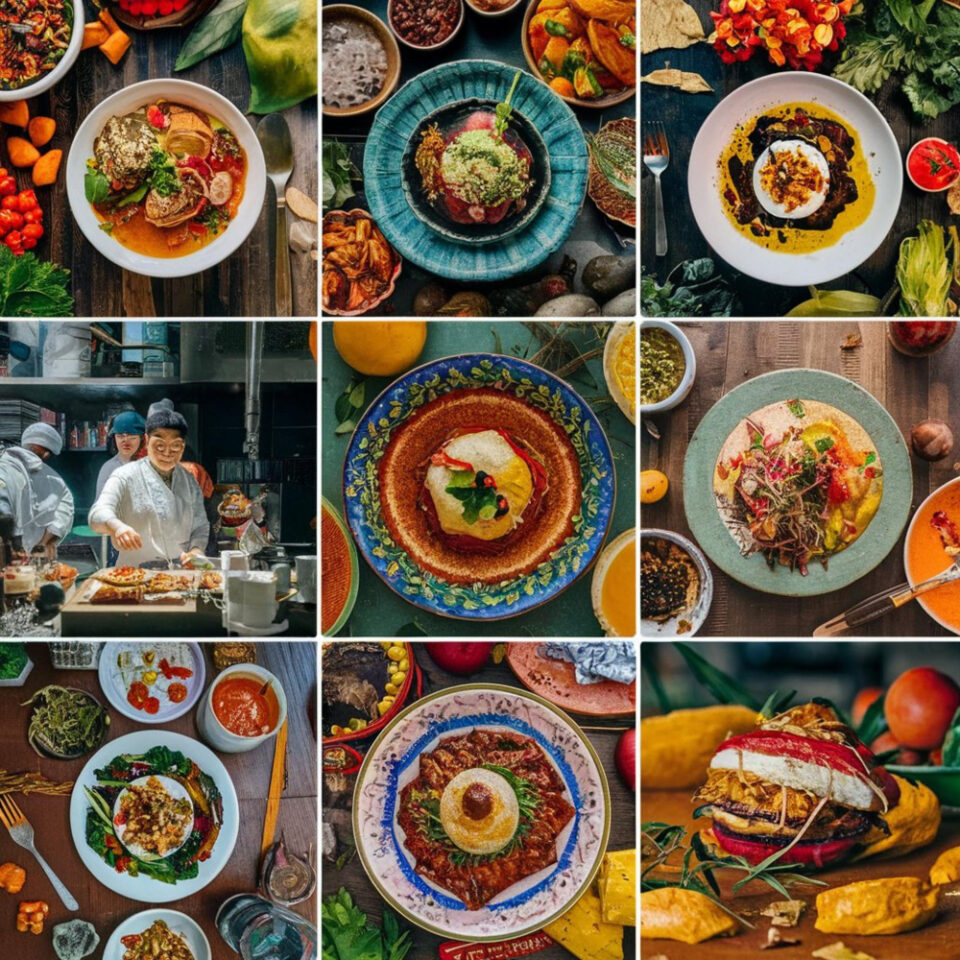I have a patient named Ravi. He is a thirty-two-year-old techie from Whitefield living alone in a studio apartment. His cook went on a two-week vacation. Ravi didn’t flinch. He just stretched his fingers, opened the Zomato app, and said, “Doctor, I survived on momos, biryani, and chocolate lava cake for fourteen days straight. I didn’t even miss her.” His eyes gleamed like those of a war veteran who survived Kargil armed only with coupons.
Then there’s Sheela aunty from Malleshwaram—seventy-two, diabetic, widowed, and dangerously fond of ghee roast dosas from that famous Basavanagudi place. “Nanna maga told me about this Zomato,” she confided in me with a conspiratorial grin. “Now I don’t wait for someone to take me. I just press the button. Dosa comes. No tension.”
From bachelors to retirees, busy moms to bored teenagers, food delivery apps have become a parallel kitchen. What was once the realm of the occasional indulgence—ordering out when the cook bailed or guests arrived unannounced—has now become a reflex, a craving, an escape, and sometimes even therapy.
I’m not here to demonise Zomato. I have seen its usefulness, especially for the lonely, the working, and the elderly. But like most things in life, too much of a good thing can become indigestion.
Take Rajat, a software engineer from Koramangala, who came in with chronic acidity, sluggish digestion, and low energy. “My meals are easier when they come from the phone,” he shrugged. “I don’t have time to think.” I looked at his Zomato history—thirty-five orders in a month, twenty-two of which were post 10 p.m. We weren’t treating acidity. We were treating an app addiction.
Food is prana. It’s not just fuel; it’s intelligence. In Ayurveda, we say “aham annam”—I am what I eat. The annavaha srotas—the channels that carry food—are delicate, intelligent, and deeply responsive to what enters them. Every bite you eat carries emotional, seasonal, and karmic memory. But the Zomato menu doesn’t show that. It shows pictures, calories, offers, and emojis.
One patient told me, “Doctor, they have this pasta that’s so creamy, even looking at it makes me feel full.” Another said, “There’s this butter chicken from Punjabi Rasoi; it’s the only reason I look forward to weekends.” A third patient brought me a box of fusion laddoos. “An Influencer on Insta recommended it. Gluten-free, guilt-free, sugar-free,” she beamed. It tasted like scented chalk.
I don’t blame them. We are a nation of food lovers. Our cuisine is as diverse as our languages—Hyderabadi haleem, Assamese tenga, Goan xacuti, Rajasthani dal baati. All of them are in our pockets, ready to arrive at our doorstep in thirty minutes or less. That’s magical, yes. But it’s also hazardous when we forget that a region’s food evolved with its climate, herbs, people, and digestion.
I had a patient from Mysore who developed severe bloating after ordering spicy North Indian food for a month. “I thought I was becoming adventurous,” he said. “Turns out, my stomach prefers rasam and rice.”
Regular consumption of ultra-processed foods—rich in sugar, salt, and trans fats—can dysregulate the gut microbiome. This impacts our mood, immunity, and even sleep. What we eat is directly wired to how we feel, think, and recover.
And then there’s the strange trend of midnight orders. I see this in many young patients—students, coders, night owls. “After 11, doctor, I feel like I deserve something. A reward.” That “reward” is usually shawarma, cheese-loaded fries, or dessert jars. One guy told me, “My breakup healing diet was gulab jamuns at 2 a.m. every night.” In Ayurveda, night is the time of rest, repair, and rejuvenation. Eating heavy food at night is like inviting a rock concert into a library.
What can we do? Shall we uninstall the app? Renounce butter chicken? Become food monks, chewing on carrots?
No, no. Life must have spice.
What I suggest instead is mindful ordering. Think before you tap. Am I eating out of hunger or boredom? Craving or celebration? Can I choose something lighter today? Can I eat before 8 p.m.? Can I balance indulgence with recovery, like khichdi the next day?
One of my patients, a newly married couple from Indiranagar, devised a beautiful system. Friday nights were their indulgence nights—they’d order what they loved. But Monday through Thursday, it was simple home-cooked meals. Sundays were for detox—soups, fruits, herbal teas. “Zomato became our date night,” they said. But we also realised that every night can’t be a date.”
Another young woman started making her own chutneys and spice blends. “I order idlis,” she said, “but I make the chutney. That way, I feel involved.” This was a small but significant step towards participation and digestion.
Ayurveda doesn’t say you must never eat restaurant food. It tells how, when, and how much matter more than what. Warm food is better than cold. Fresh over frozen. Lunch is better than late dinners. Sit and eat, don’t scroll and eat. And yes, say a little thanks before you eat—even if it’s a 20% off momo combo.
A Sanskrit saying is: Annam Brahma—Food is divine. When you treat it that way, even a delivery meal becomes sacred.
Whenever you open Zomato, pause. Ask your belly, not your boredom. Ask your Agni—your digestive fire—if it’s ready. Be the master, not the slave, of your craving.
As one of my patients wisely put it while sipping jeera water after a week of indigestion, “Doctor, Zomato can deliver food, but not health.”
I nodded because he had finally understood.

